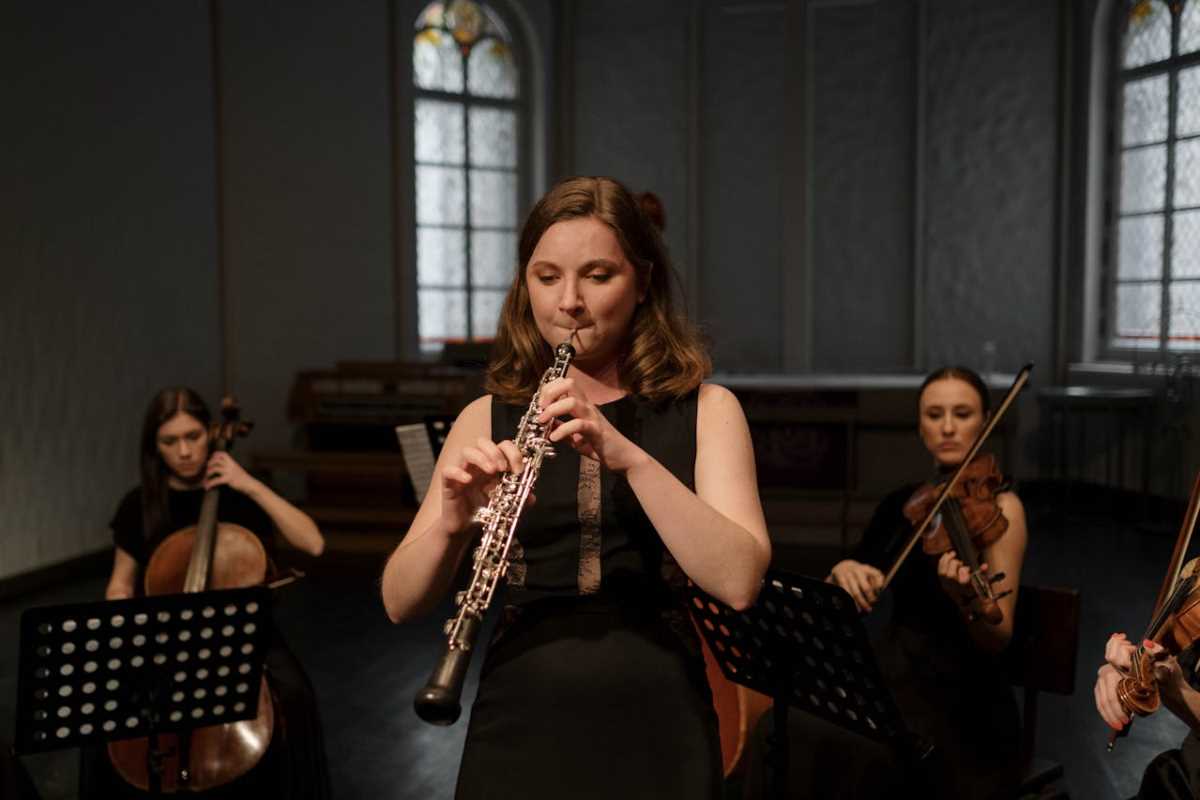Picking up an instrument you once loved is like reconnecting with an old friend. You might feel a little rusty at first, but soon the familiar notes and rhythms begin to flow, sparking both joy and nostalgia. Whether it’s a piano, guitar, violin, or even a childhood recorder, there’s something profoundly inspiring about stepping back into the world of music.
Relearning an instrument isn’t just about playing your favorite tunes again; it’s about reigniting creativity, rediscovering a sense of accomplishment, and finding new ways to connect with yourself and the world around you. It’s a flexible and fulfilling hobby that proves you’re never too old to make music.
If you’ve been thinking about dusting off that forgotten instrument, here’s why you should give it a try and some tips to make the process enjoyable.
The Benefits of Relearning an Instrument
Returning to an instrument after months, years, or even decades can feel like opening a door to a part of yourself that’s been waiting to reemerge. Here’s how relearning an instrument can bring fresh inspiration into your life.
1. Reignite Creativity
Playing music engages the creative part of your brain, challenging you to experiment, express emotions, and interpret melodies in your unique way. It’s easy to get stuck in the routines of adult life, but music has a way of breaking through monotony and sparking fresh ideas.
Even if you’re playing familiar songs, you’ll find new avenues for creativity. Add a personal twist to a melody, compose something original, or try improvisation. Before long, you’ll be reminded of the joy that comes from creating something beautiful.
2. Improve Mental Health
Relearning music has significant mental health benefits. Studies have shown that playing an instrument boosts brain function, reduces stress, and enhances mood. The act of practicing can be meditative, allowing you to focus on the present moment and quiet the mental chatter.
Music also evokes emotions and creates deep connections to memories. The songs you once loved might bring back a sense of youth, happiness, or even triumph over challenges. Relearning gives you the chance to relive those moments and create brand-new ones.
3. Rediscover a Sense of Accomplishment
Learning something new as an adult isn’t always easy, but that’s what makes it so rewarding. Reacquainting yourself with an instrument can be a powerful reminder of your ability to grow and improve, even in small steps.
Each milestone, whether it’s playing a song start-to-finish or mastering a tricky chord, gives you a sense of purpose and progress. Plus, knowing you’ve picked up a skill you thought you’d left behind is a confidence boost like no other.
4. Build a New Connection to Music
Music has likely changed since you first put down your instrument. Relearning gives you an opportunity to explore genres, styles, or techniques you might not have discovered before. Whether it’s jazz, folk, pop, or classical, there’s a wealth of music waiting to be uncovered and enjoyed.
How to Ease Back into Playing
If the idea of relearning an instrument feels a little daunting, you’re not alone. The good news is you don’t need to hit the ground running. Take it slow, and prioritize enjoyment over perfection. Here are some practical tips to help you ease back into your musical pursuits.
1. Start with Familiar Pieces
The muscle memory from your earlier practice might surprise you. Beginning with songs or exercises you used to play can help bridge the gap and make the process feel less overwhelming. Choose one or two pieces that you’re comfortable with and revisit them regularly.
2. Set Realistic Goals
It’s tempting to aim high (perhaps learning that complicated concerto or perfecting a fast solo), but start with manageable goals. Break larger goals into smaller sections, such as practicing for 10–15 minutes consistently each day or mastering one chord progression at a time.
Setting achievable targets will keep you motivated and reduce frustration. Patience is key; the progress will come with time and effort.
3. Seek Guidance When Needed
You don’t have to relearn your instrument alone. If you’re feeling stuck, consider taking lessons with a local teacher or exploring online tutorials. Platforms like YouTube, Skillshare, or dedicated apps for music learners can provide valuable practice exercises and tips.
Returning to formal lessons could also allow you to refine your foundational techniques and open up possibilities for exploring new musical challenges.
4. Celebrate Small Wins
Whether it’s getting through your first practice session, nailing a tricky passage, or simply enjoying the sound of your instrument again, every accomplishment matters. Celebrate your progress, no matter how small, and remember that the process should be as enjoyable as the outcome.
5. Experiment and Have Fun
One of the joys of returning to music is the freedom to play without judgment. Experiment with different genres, techniques, or even writing your own melodies. Look for opportunities to enjoy the process rather than striving for perfection.
Music for All Ages and Stages
You might wonder if it’s too late to pick up your instrument again. The truth is, music welcomes everyone at every age. Whether you’re in your 20s, 40s, or 70s, your instrument is still a tool for self-expression, growth, and discovery.
Returning to music as an adult also gives you a fresh perspective. Without the pressure of recitals or exams, you have the freedom to play purely for enjoyment. It’s a chance to treat music as a hobby, a stress-reliever, or even a form of self-care.
The Joy of Reconnection
The process of relearning might be gradual, but it will also be rewarding, inspiring, and perhaps even life-changing. After all, music isn’t just something you hear; it’s something you feel, create, and share. Happy playing!
 (Image via
(Image via





